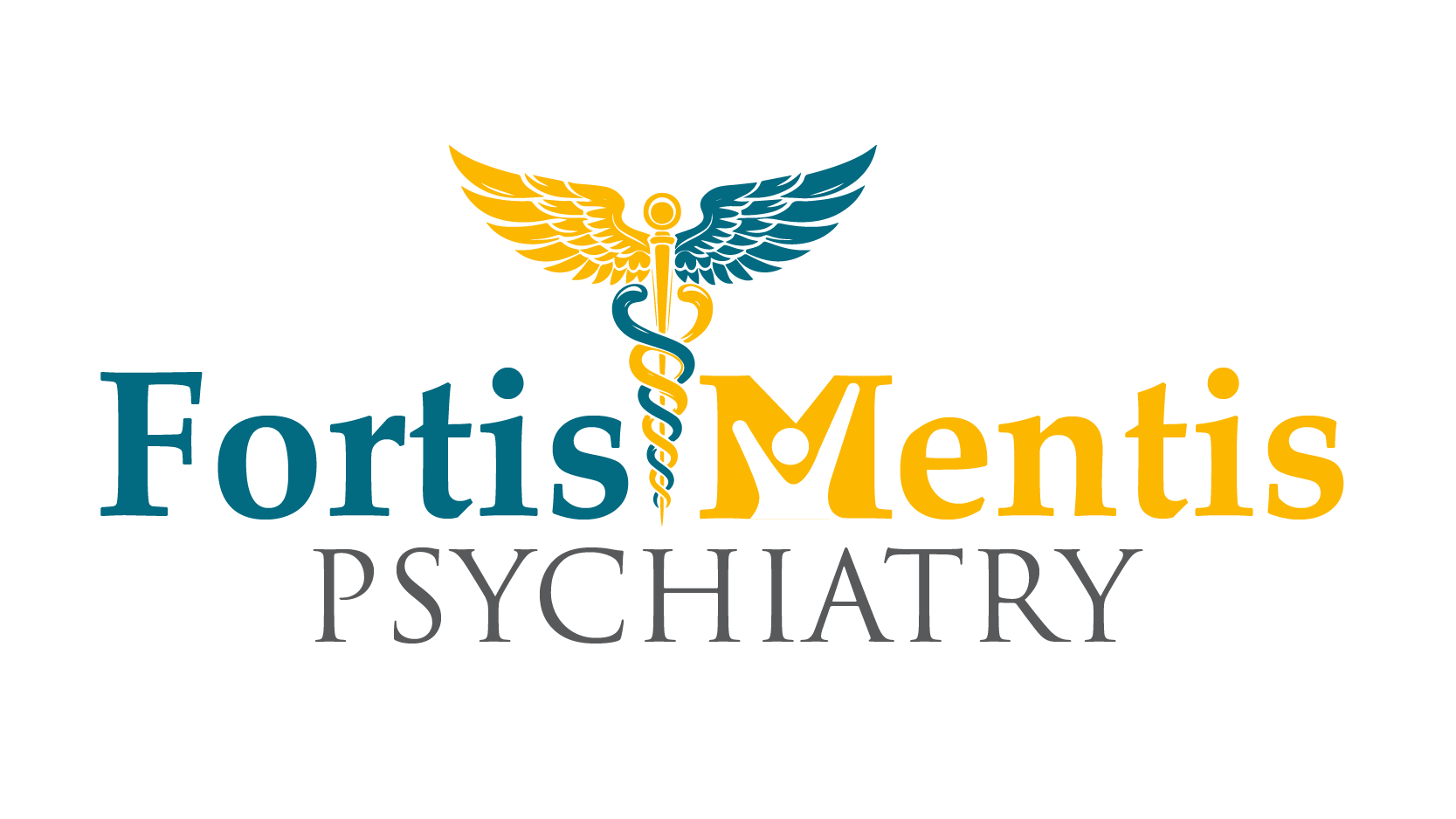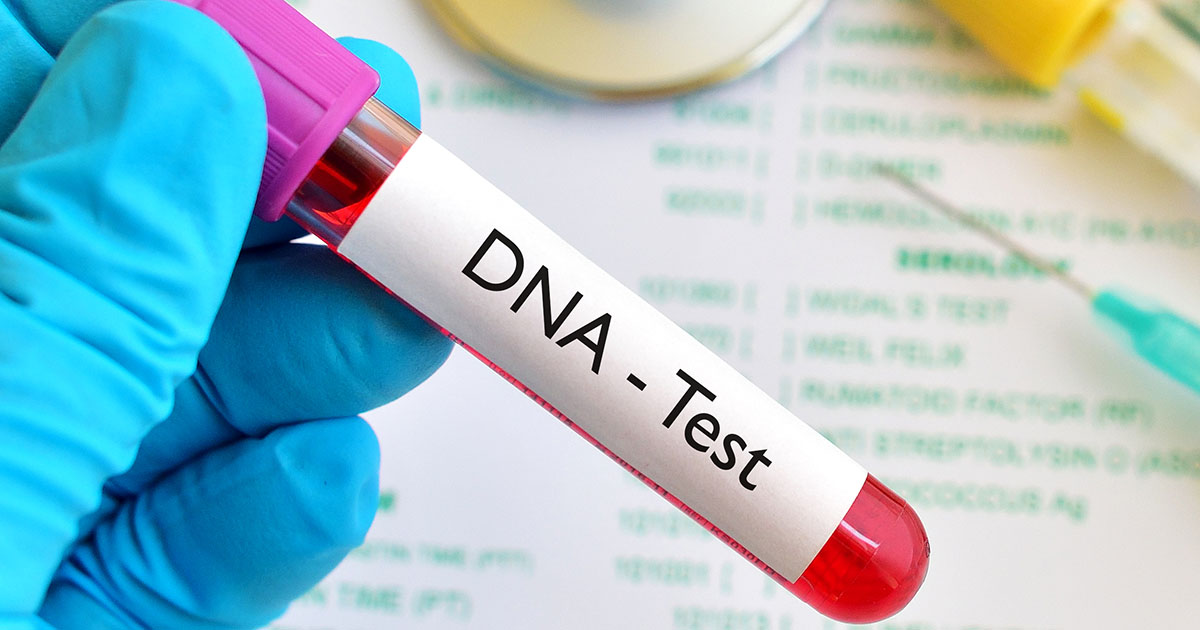DNA testing is a reliable way to unlock the secrets to our ancestry and our health. From discovering where your lineage is from to what hereditary traits you have, DNA tests can provide valuable insights. But if we compare Ancestry vs. Health DNA tests, which one is more accurate? In this article, we will explore the differences, how accurate they are, and how to choose the best test to meet your needs.
Ancestry DNA tests analyze inherited markers from your lineage. They compare your DNA to databases containing samples taken from populations all over the world to give you an estimate of your ethnicity and connect you with relatives.
Understanding Ancestry DNA Tests
- 23andMe
- AncestryDNA
- MyHeritage DNA
- FamilyTreeDNA
Accuracy of Ancestry DNA Tests
Ancestry tests rely on algorithms that compare your genetic markers with reference populations. The accuracy depends on:
- Database Size: Larger databases provide more precise ethnicity estimates.
- Genetic Overlap: Some ethnic groups have more genetic similarities, making distinctions harder.
- Algorithm Updates: Companies refine results as they expand their databases.
While ancestry tests offer a general picture of your heritage, they are not 100% accurate due to genetic similarities across populations.
Understanding Health DNA Tests
Health DNA tests focus on genetic markers related to medical conditions, potential health risks, and drug responses. Companies offering these tests include:
- 23andMe (Health + Ancestry package)
- Nebula Genomics
- Dante Labs
- Color Genomics
Accuracy of Health DNA Tests
Health DNA tests analyze genetic variations linked to conditions such as cancer, heart disease, and mental health disorders. Accuracy depends on:
- Clinical Validation: Tests backed by scientific research offer more reliable insights.
- Gene-Environment Interaction: Lifestyle and environmental factors influence disease risks.
- Regulatory Approval: Some tests are FDA-approved, ensuring higher accuracy.
While health DNA tests can highlight potential risks, they do not replace medical diagnoses. Consultation with a healthcare provider is essential for interpreting results.
Ancestry vs. Health: Which is More Accurate?
Both tests have their strengths, but accuracy depends on the purpose:
| Feature | Ancestry DNA Test | Health DNA Test |
| Primary Purpose | Ethnicity, lineage | Health risks, genetic traits |
| Database Size | Larger for ancestry | Smaller for health |
| Accuracy | Moderate for ethnicity | Higher for specific conditions |
| Regulatory Oversight | No strict FDA regulation | Some FDA-approved tests |
If you seek ancestral roots, an ancestry test is best. If you’re concerned about genetic health risks, a health DNA test is more accurate.
Choosing the Right DNA Test
- For family history → Choose an ancestry DNA test.
- For genetic health insights → Opt for a health DNA test.
- For both → Consider services offering combined ancestry and health reports (e.g., 23andMe).
Final Thoughts
DNA tests are powerful, but they vary in accuracy based on the type of analysis. Ancestry tests provide insight into heritage, and health tests provide medical information. To achieve the best results, use a trusted provider and have a professional interpret the findings.
Need expert guidance on mental health and genetic testing? Fortis Mentis Psychiatry offers personalized psychiatric evaluations and genetic testing to enhance mental well-being. Contact us today!

